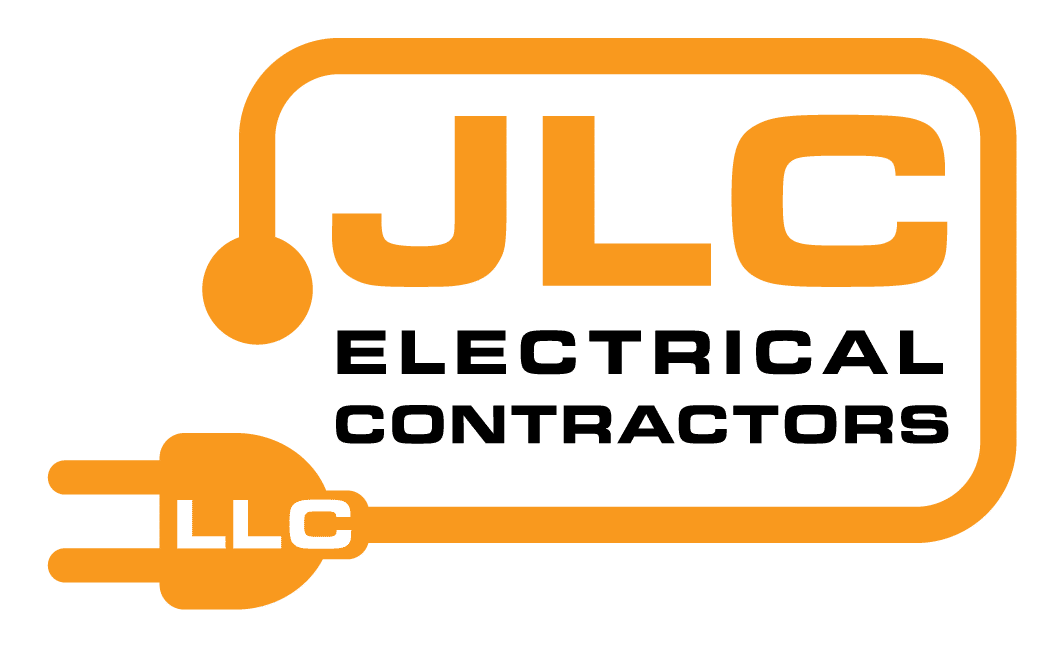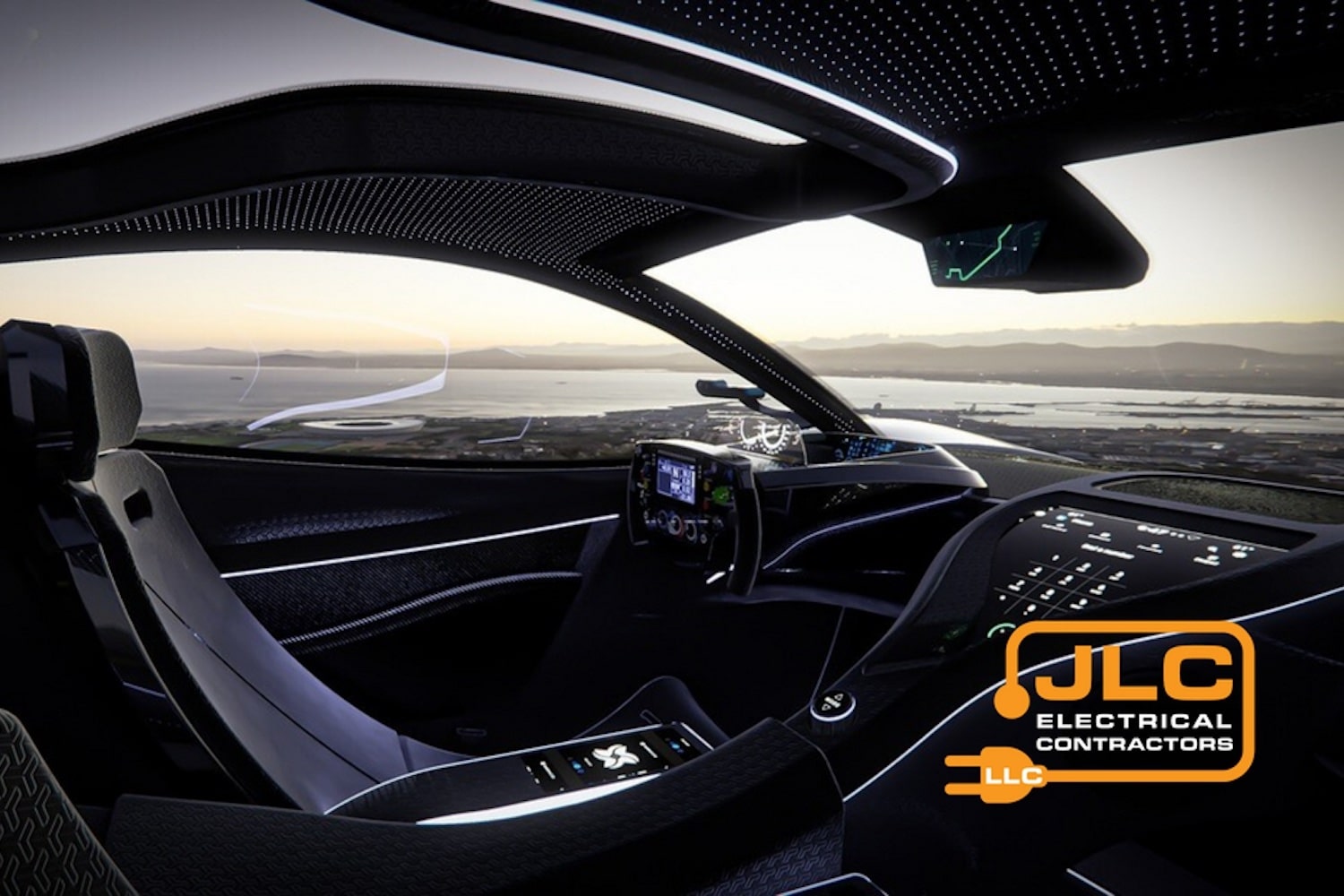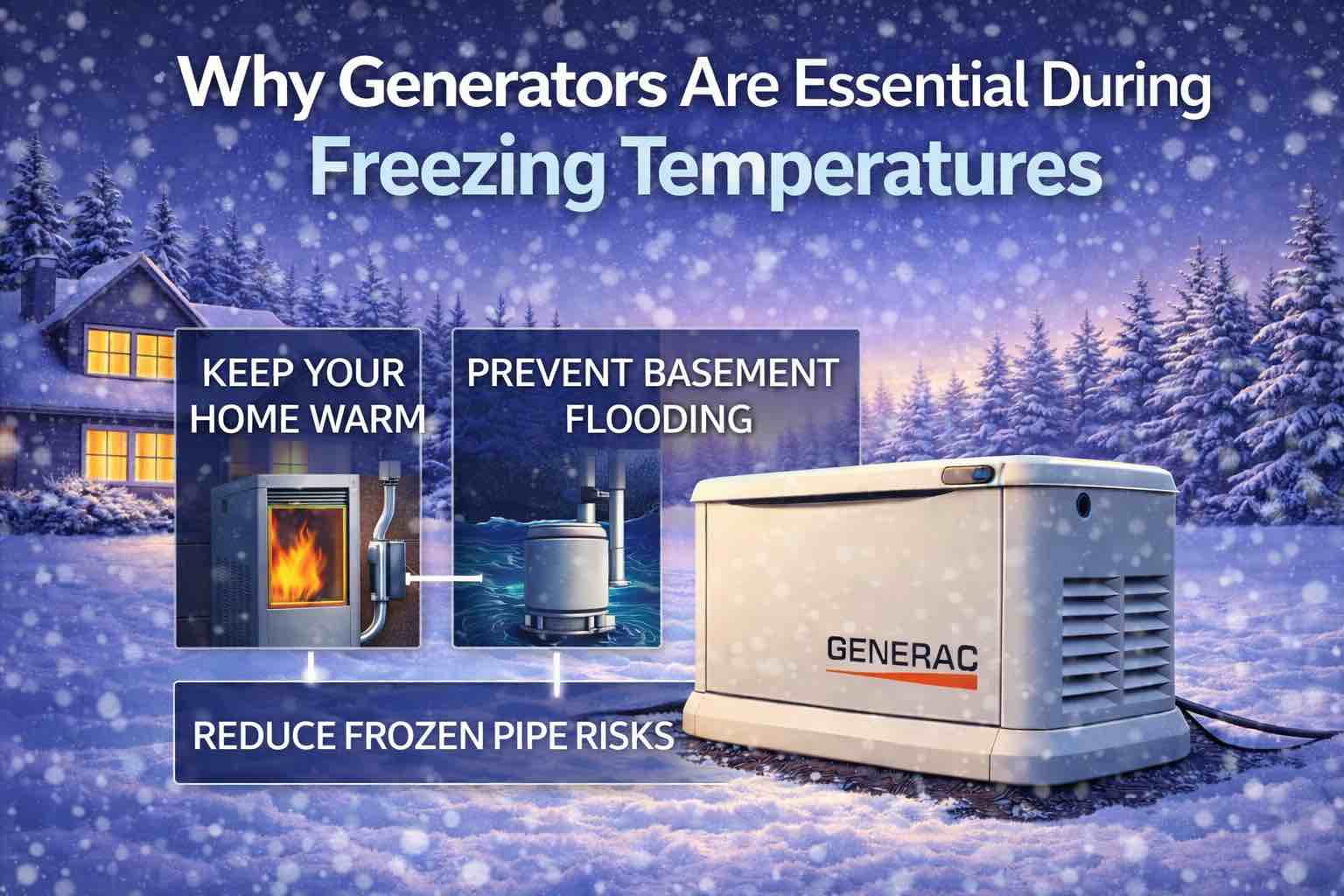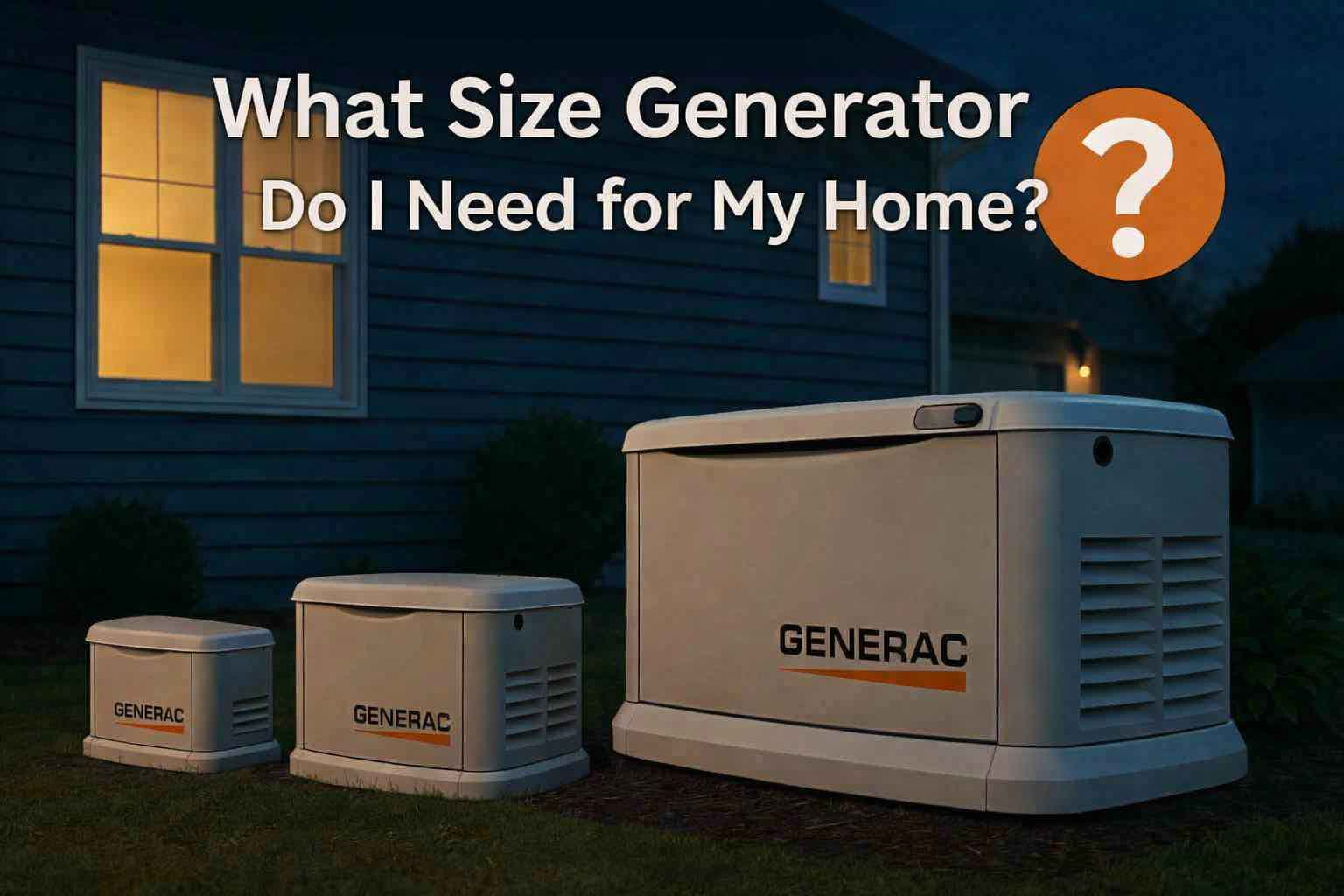With the growing popularity of electric vehicles (EVs), the availability of charging infrastructure has become increasingly important. One of the key distinctions in EV charging is the different levels of chargers available. It is important to understand the differences between Level 1, Level 2, and Level 3 EV chargers so you are able to make an educated decision as to what ev charging solution will be best best for your needs.
Three Levels of EV Charging Explained
Level 1 Charging – Level 1 chargers utilize a standard 120-volt household outlet, making them the most accessible option for EV owners. These chargers typically come with the purchase of an electric vehicle and are ideal for overnight charging at home. However, Level 1 chargers are the slowest option, providing an average charging rate of around 5 miles per hour. While they are the most inexpensive to install, they may not be suitable for drivers with long commutes or those who require faster charging times.
Level 2 Charging – Level 2 chargers operate at a higher voltage of 240 volts, offering significantly faster charging speeds compared to Level 1 chargers. These chargers can provide a charging rate of 20-60 miles per hour, making them a popular choice for residential and commercial charging stations. While the installation costs for Level 2 chargers are higher than Level 1, they offer greater convenience and flexibility for EV owners. Level 2 chargers are compatible with most electric vehicles and are well-suited for drivers who require faster charging speeds and shorter charging times.
Level 3 Charging – Level 3 chargers, also known as DC fast chargers, are designed for rapid charging on the go. These chargers utilize high-voltage power to deliver a charging rate of up to 200 miles per hour, drastically reducing charging times compared to Level 1 and Level 2 chargers. However, Level 3 chargers are typically only found at commercial properties and highway rest stops due to their high installation costs and complex electrical infrastructure requirements. While they offer unparalleled charging speed and convenience, Level 3 chargers are not recommended for regular use, as they can put strain on the electrical system and potentially accelerate battery degradation.
Choosing the right level of EV charger is crucial for meeting your charging needs and maximizing the convenience of owning an electric vehicle. Whether you’re looking for a residential charging solution or need a commercial charging station, JLC Electrical Contractors is here to help. Our team of skilled professionals can assess your electrical requirements, recommend the best charging solution for your needs, and handle the installation process from start to finish. Contact us today to learn more about our EV charging services and take the next step towards greener transportation with JLC Electrical Contractors!




